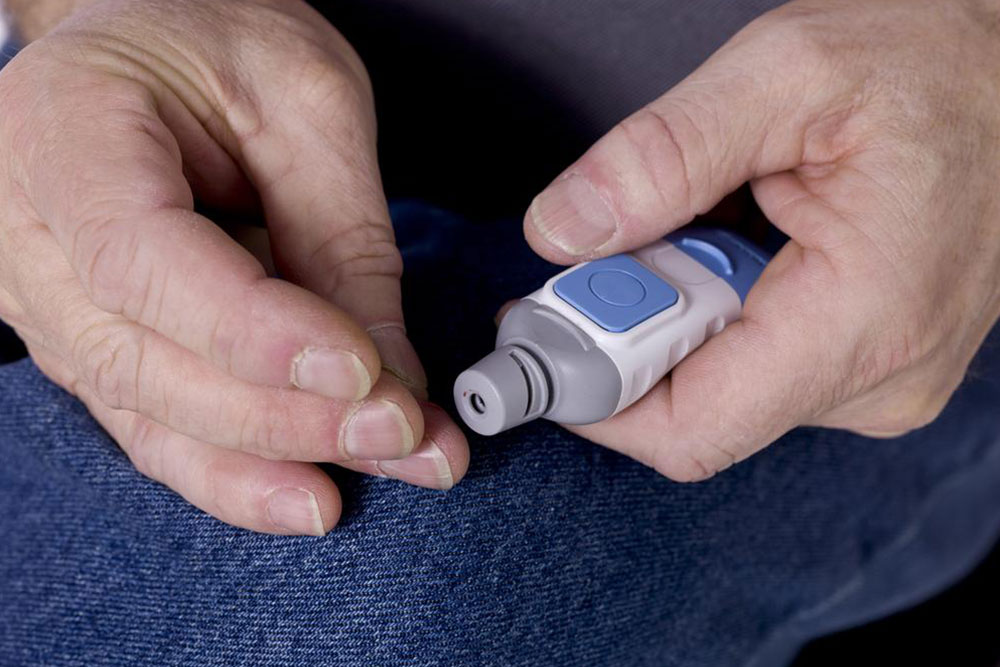
Signs & Symptoms
Symptoms, Causes, and Risk Factors of H. Pylori Infection
H. pylori infection or Helicobacter pylori infection occurs in one’s stomach during their childhood. It is also one of the common causes of peptic ulcers. According to the various medical research reports, around 50 percent of the world population is affected by H. pylori infection. However, most people don’t even realize it because they usually don’t fall ill from this bacterium. When you get signs and symptoms of peptic ulcer, your doctor will test whether you have H. pylori infection or not. Symptoms of H. pylori infection You might feel a burning pain in your stomach when you have an ulcer. This pain will stay for a few minutes or even hours. Generally, you will feel the pain of ulcer in the middle of the night or in between your meals whenever your stomach becomes empty. You will feel better when you take an antacid, drink milk, or eat something. Other signs and symptoms of H. pylori infection include the following. Not feeling hungry Vomiting Nausea Weight loss for unclear reasons Burping Bloating Ulcers can sometimes cause bleeding in your stomach or intestine. This can really be dangerous for your health. In case you find out the below symptoms of H.












